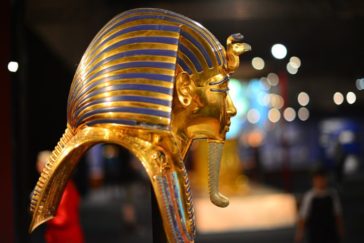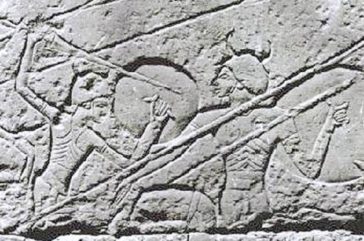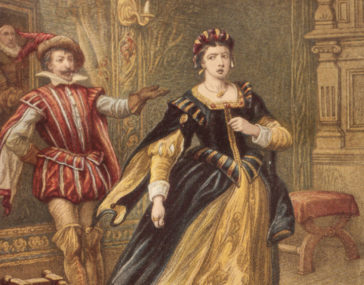Ekphrasis: Writing About Music
How do we write about music? This is a form of what the ancient Greeks called ekphrasis: the description of one art in another. Not all of us are musicians, but nearly everyone likes one kind of music or another. It brings something wonderful to our lives, punctuates our memories, stirs our emotions. And when I think back upon some of the most life-changing books I’ve read (Homer’s Odyssey and the Sirens’ song, anyone?), the magic of music played a … Read More »






